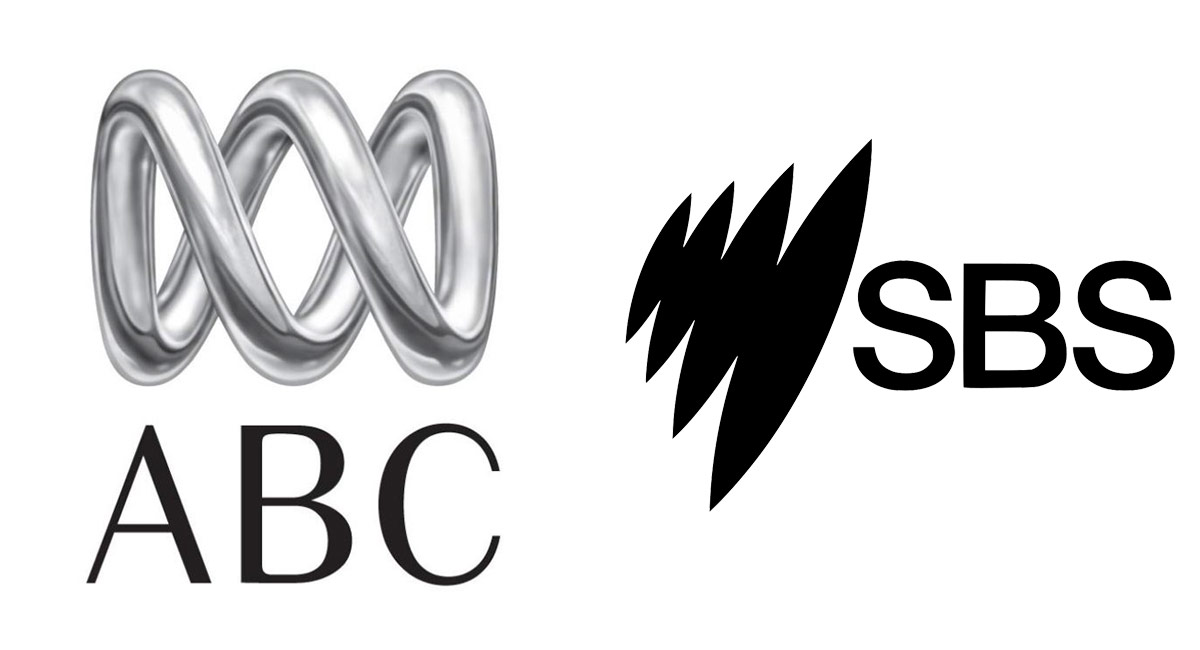As part of the report of an independent panel’s Inquiry of the ABC and SBS’s competitive neutrality, Ernst & Young was hired to examine for the Inquiry the cost allocation and pricing practices of both organisations.
See also: ABC/SBS Competitive Neutrality Inquiry report released
Below are the findings for the ABC:
1. The ABC does not have a formal competitive neutrality policy and it is not clear how the ABC considers competitive neutrality in decision-making.
2. There does not appear to be any evidence that the ABC’s approach to cost allocation and pricing has breached the principles of competitive neutrality
3. ABC Commercial does not appear to be operating at best practice in relation to cost allocation.
4. ABC Commercial has limited ability to influence the price of its content and services.
5. The ABC’s assessment of how competitive neutrality applies to ABC Commercial is a useful exercise but can be improved.
Findings in relation to SBS
1. SBS does not have a formal competitive neutrality policy, but there is evidence that it applies competitive neutrality principles in its decision-making.
2. There does not appear to be any evidence that SBS’ approach to cost allocation and pricing has breached the principles of competitive neutrality.
3. SBS has in place a well-established cost allocation methodology.
4. SBS has limited ability to influence the price of advertising or content.
5. The approach that SBS takes to fulfilling its Charter and its funding model have important
implications for its operating model.
In relation to implications for SBS’ operating model (the last point above), EY noted the issues raised are
distinct to the ABC. In particular:
• SBS maintains that all activities are undertaken to fulfil its Charter. However within this constraint, SBS appears to engage in a number of more ‘commercially focussed’ activities (i.e. activities that deliver on the Charter but are also commercially attractive to SBS), and
• SBS’ hybrid funding model creates a strong incentive for these activities to at least recover the avoidable costs of undertaking them. If it does not, it will merely will reduce the funding available for other activities over the funding cycle. This would support a view that it is not breaching
competitive neutrality in competing in parts of the market.
The panel’s report is available at:
www.communications.gov.au/competitive-neutrality-report
